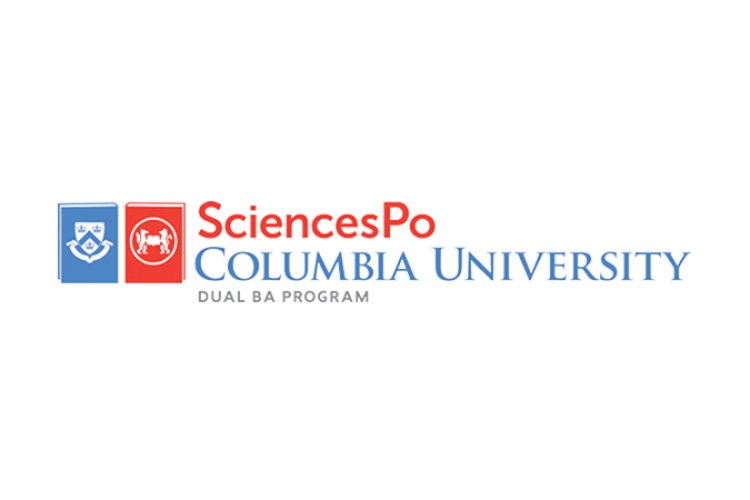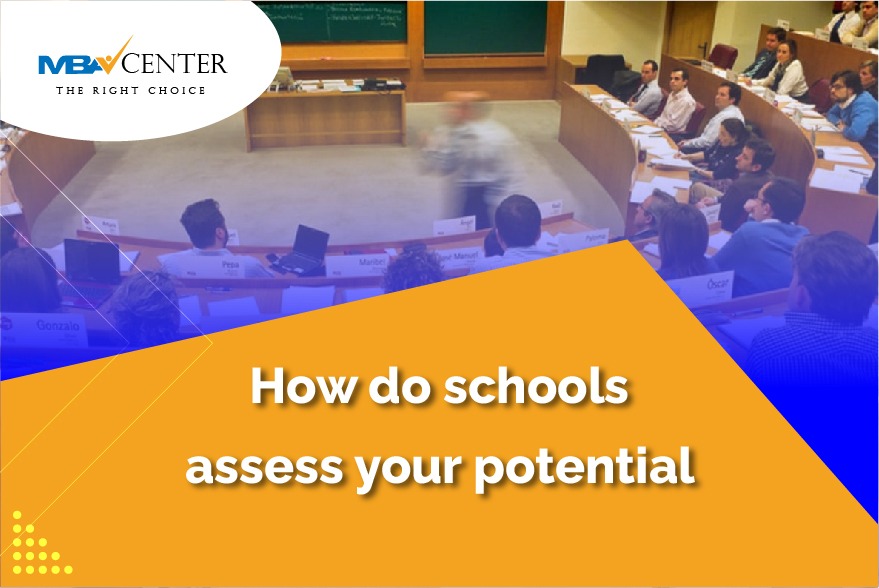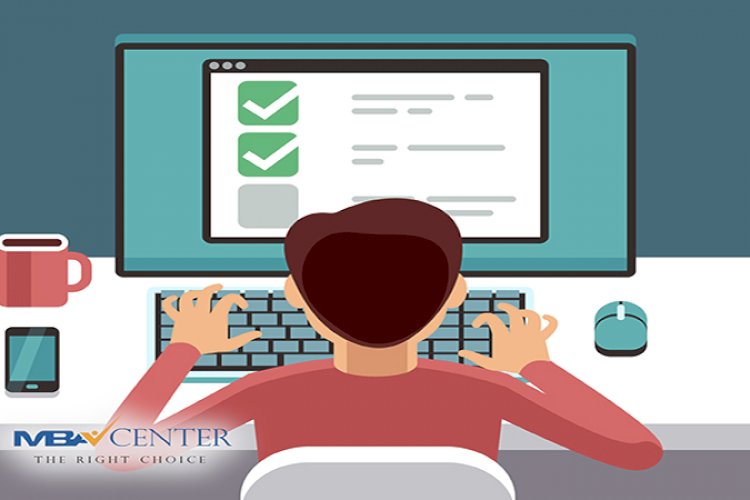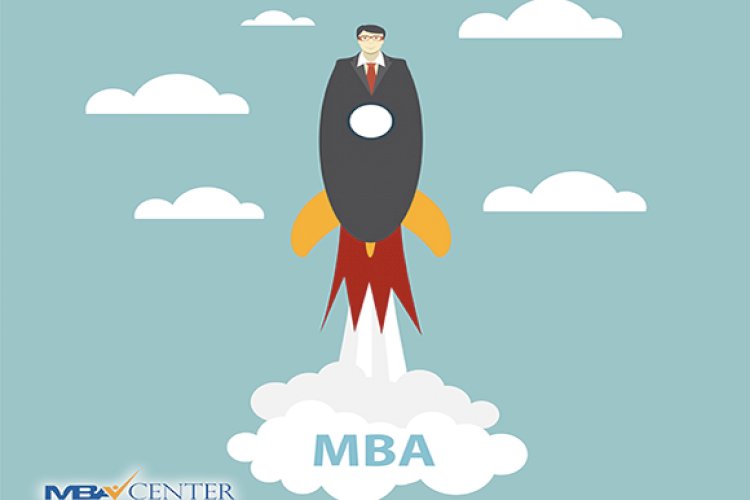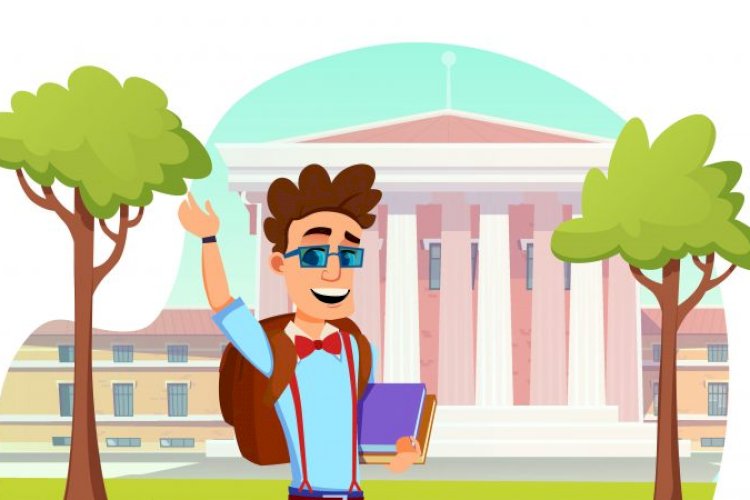
Advantages of going to College after High School
There is a common belief that there are two types of high school pass outs. One has a complete action plan of what they want to do, what it will take to get to their set goal, and sometimes they have a rough milestone sketch also. The others, however, are winging it as they go along. I’d say there’s a third kind as well. These are the ones who need clarifications before they choose. If your opinion is fickle concerning this matter, read along. There are obvious advantages and disadvantages here. Either way, I anticipate that you will find both clarity and direction here.
Advantages of attending college
- Students who pursue a bachelor’s degree are likely to be paid higher than those who don’t. College graduates earn $30,000 more per year than high school graduates, amounting to a total of $500,000 more dollars per lifetime.
- Most jobs require a college degree for merely applying for a job. Based on Georgetown University’s economy and job projection, around 89% of jobs will require some level of graduation, and this percentage is rising rapidly. Higher education makes you valuable for your employer and employers offer benefits like paid leaves, retirement benefits and health care coverage to employees of value.
- Colleges provide nifty things like job fairs, career services, internships, and volunteer opportunities. A high percentage of college students complete their internships during the course period, which always comes in handy when applying for jobs after graduation.
- Your school will provide access to some brilliant professors, student groups, and peers, which you might have not gotten otherwise. These contacts help build connections, and these connections are very beneficial both during and after graduation.
- Many students do not decide upon their major subjects while signing up for classes. They need some time to test the waters and figure out their passions. Later, with the help of college counselors, teachers, and other students, they discover the subjects that most appeal to them.
If a student decides to change their career, they can always do that by building on their graduate degree and pursue a master’s degree or equivalent certification.
- Personal growth happens on a massive scale while obtaining a college education. Many college students claim that college enhances life skills, teaching students a set of soft skills like facing challenges, time management, staying organized, planning, and discipline.
- Many employers argue that higher education has higher benefits than the cost that comes with it; which is why many organizations pay educational grants or cover the tuition fee of their employees. It proves education is of value to the employer, along with the employee.
Disadvantages of attending college
- The first downside of going to college is that while many students do become successful, going to a college is very expensive. Massive student loan debts are not unheard of and often result in students’ not returning for their second year. So, having a plan may be more beneficial than not.
- One has to ask: does the cost of attending college also include the cost of missing opportunities? The Department of Labor reports that 25% of the adults are working jobs that do not require a college degree. Unless you select a major that trains you for a specific job, attending a college might not boost your earnings.
- Going to college may increase your odds of landing a job, but at the same time, it does not assure you a job. Many recent graduates are either looking for a job or working part-time.
To conclude I would say that, while you can decide for yourself if college is meant for you or not, the technical and soft skills which a college environment can provide will seldom come to you outside.
 MBA Center Global
MBA Center Global 







